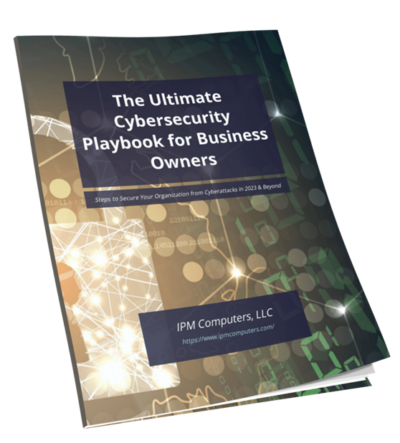Scammers don’t need a reason to take advantage of your trust. And they certainly don’t mind if you look or feel foolish. This April Fools, don’t be fooled by any of their attempts.
Some tips to help you avoid falling victim to online impersonators:
- Verify websites before providing personal information
When entering personal information online, make sure you’re on a secure website. Check for the “https” in the URL and the lock icon in the address bar, which indicates that the website is using encryption to protect your information. If you’re not sure about a website, do some research to verify its authenticity.
- Don’t trust unsolicited emails or phone calls
Be wary of unsolicited emails or phone calls, especially if they’re asking for personal information or money. Scammers often impersonate legitimate organizations or individuals to gain your trust, so always verify the legitimacy of the request before taking any action.
- Use strong passwords and two-factor authentication
To protect your online accounts, use strong passwords that are difficult to guess, and never reuse them across multiple accounts. Consider using a password manager to help you create and manage strong passwords. Two-factor authentication adds an extra layer of security by requiring a second form of verification, such as a code sent to your phone.
- Keep your software up to date
Make sure your operating system, web browser, and other software are always up to date with the latest security patches. This can help prevent hackers from exploiting vulnerabilities in outdated software to gain access to your computer or steal your information.
- Be cautious when using public Wi-Fi
Public Wi-Fi networks are often unsecured, which means that anyone on the network could potentially access your information. Avoid accessing sensitive information, such as online banking or shopping, while using public Wi-Fi. Consider using a virtual private network (VPN) to encrypt your internet traffic and protect your privacy.
Online impersonators are a real threat, and it’s important to be vigilant and protect yourself from their scams. Remind your friends, family members, and colleagues, that collectively, your efforts have an impact on keeping each other (and your businesses) safe! If you’re supporting clients and their cybersecurity, and want to learn more ways how to protect their businesses, Breach Secure Now can help!
The post Don’t Be Fooled by Scammers appeared first on Breach Secure Now!.





